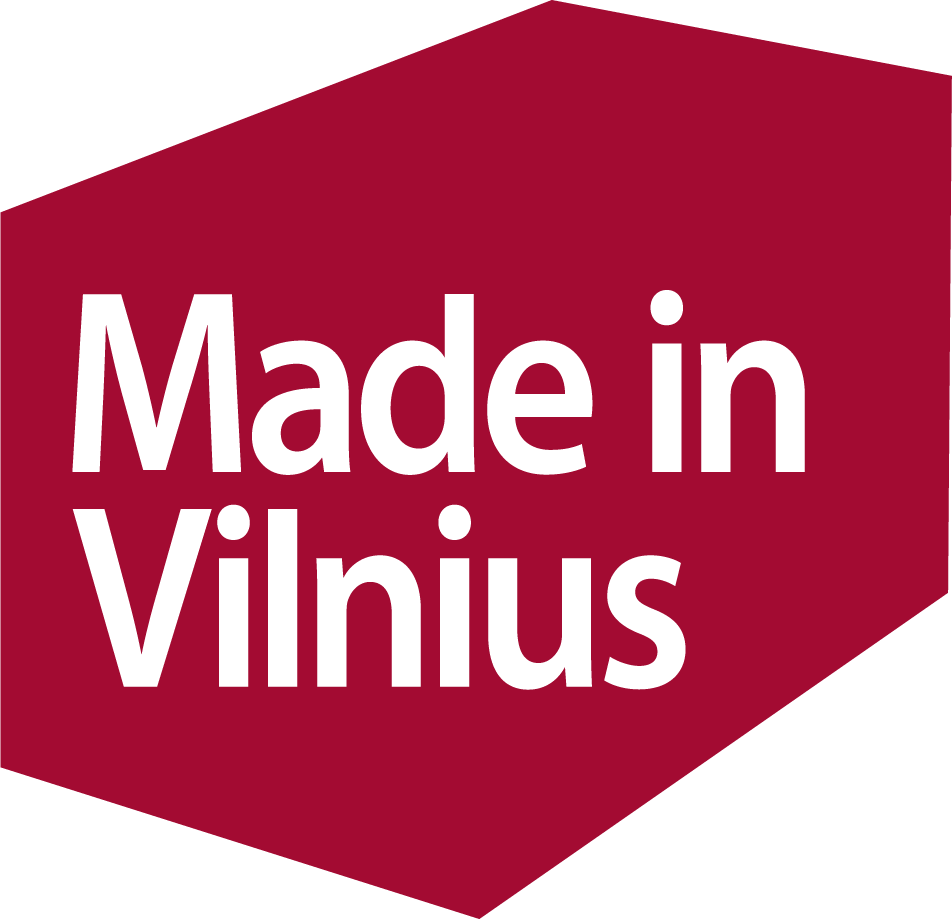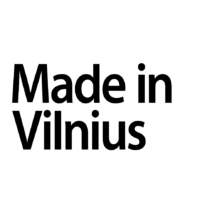Vilnius is a rapidly growing city, not only from an economic point of view, but also in terms of population and territorial development of the city. All this creates additional challenges for the capital. For example, due to urban development, it is necessary to decide how to ensure that the population consumes good quality drinking water. Meanwhile, the intensive construction of the city center raises questions about the protection of green areas and biodiversity. How do experts assess the current state of the capital's environment and what solutions are needed to change the situation?
What determines the quality of drinking water?huh?
Residents in the center of Vilnius use a centralized drinking water supply system, the quality of which is taken care of by the water supplier, but some residents located on the outskirts of the city or in the countryside have to take care of the water supply themselves. Jurga Arustienė, Head of the Groundwater Monitoring Sub-section of the Hydrogeology Department of the Geological Survey of Lithuania, said that a legally installed well and a well passport issued by the Geological Survey of Lithuania are sufficient for individual water supply.
Before such a document is issued, a water test is conducted and its quality is assessed, but the assessment itself is only of an advisory nature, since the hygiene norm, which defines the requirements for drinking water, does not apply to individual supply. In other words, the Lithuanian Geological Service cannot prohibit the user from using even bad well water. A 5-meter safety zone is set for each well, but the resident is responsible for all well maintenance and water composition.
Institute of Green Policy and Vilnius city municipalities at the organized conference "The state of the environment in Vilnius - where are we?", the expert also named the main requirements that drinking water should meet - it should be odorless, colorless, have an acceptable taste and should not contain dangerous pollutants. It is important for residents to evaluate the microbiological indicators of water and make sure that it does not contain Escherichia coli and enterococci. It is also necessary to evaluate toxic indicators that determine nitrates and nitrites, fluorides, boron, cyanide, heavy metals and other indicators. It is true that water quality is also influenced by the design of the well, its isolation and maintenance, physical-geographical factors, environmental pollution, etc.
J. Arustienė noticed that the greatest probability of encountering the problem of poor water quality arises for those residents whose wells are installed near former sources of pollution, such as landfills, large oil bases, etc. In the suburbs, the quality of water for residents is often affected by agricultural activities and improper wastewater management. Therefore, the expert recommended residents to properly maintain local sewage treatment plants, protect the environment of the well and regularly monitor water quality.
What kind in the waterto is used by the people of Vilnius?
According to the Geological Service, the water quality in most of the water wells in the vicinity of Vilnius is good. A large amount of iron is often recorded in the Vilnius region, but experts believe that iron does not harm health. Another indicator that is important for residents, but not provided for in hygiene standards, is water hardness. Magnesium and calcium, which determine the hardness of water, are useful for the human body, but can harm household appliances, so specialists often recommend separating water and using softened water for household purposes, and natural water for drinking and cooking.
Nitrate concentration is a particularly sensitive topic. In natural water, it reaches less than 5 mg/l, the permitted rate is 50 mg/l. When the amount of nitrates in water exceeds 25 mg/l, it can be said that it is affected by human-generated pollution. The most common reason for this is improper sewage treatment. According to the specialist, there are areas in the vicinity of Vilnius where the concentration of nitrates exceeds the norm and there is no quality water, so residents have to choose particularly deep wells.
You can still find water sources in the capital, some residents use their water willingly, but experts say that it is better not to drink water from some sources. According to Gedimins Čyžiaus, head of the DGE Baltic Soil and Environment company that monitors water quality, residents often mistakenly believe that spring water is much healthier than tap water. According to him, the Antakalnis and Žvērynas springs show an increased concentration of nitrates, so it is not recommended to regularly use the water from these springs, and especially to replace the centrally supplied water with it.
The city is being developed biologicallysteering wheelat the expense of
Environmentalists claim that the city should not only care about residents and the air they breathe or the water they consume, but also the protection of biodiversity. The last monitoring of biodiversity in the city of Vilnius was carried out four years ago and it was found that the state of biodiversity in newly established residential blocks is extremely poor. A good situation was recorded only in the protected areas (Verkių and Pavilnių regional parks), which, according to Karolina Gurjazkaitė, representative of the Environmental Coalition, proves that the protected areas should be expanded.
"During the development of the city, biodiversity is not included as an integral part of the city development. This means that we build houses, develop roads and do all this at the expense of nature. Fortunately, we belong to the European Union, and it has already thought about how to change this situation. This year, a very ambitious EU biodiversity strategy was published, with the goal of reducing biodiversity by 2030. to stop the loss of biological diversity", said K. Gurjazkaitė at the seminar.
This strategy stipulates that cities with a population of at least 20 should have an ambitious urban greening plan. Cities should significantly reduce the negative impact on vulnerable species and habitats, reverse the trend of pollinator population decline, avoid the use of any chemical pesticides in sensitive areas, such as the green zones of EU cities, and restore conditions for the free flow of at least 000 km of rivers.
The environmental specialist was critical of the city's attempt to go green by installing green islands. According to her, the initiative is good, but does not meet the needs of biodiversity and does not fulfill the functions of climate change mitigation or public environmental education. It is true that the municipality recently published ten rules of urban planning and architecture in Vilnius, but the expert also evaluated them critically, because in her opinion, the rules envisage the protection of the landscape and the expansion of green spaces only through the prism of aesthetics. She believes that the city needs a broader approach so that these spaces and the entire green infrastructure of the city contribute to ecosystem services, protect biodiversity and help adapt to climate change.
K. Gurjazkaitė offered the city solutions on how to properly manage plants, leaves and dead wood, how to protect the habitats of pollinators, squirrels and bats, how to facilitate the migration of amphibians and salmonids and protect their spawning grounds. As an example of good practice in the city, she named the coast of the Neris River, which had turned into a natural meadow, when the city municipality refused excessive mowing of meadows. It was also argued that cities often have greater biodiversity than rural areas because there are no agricultural or forestry activities.

